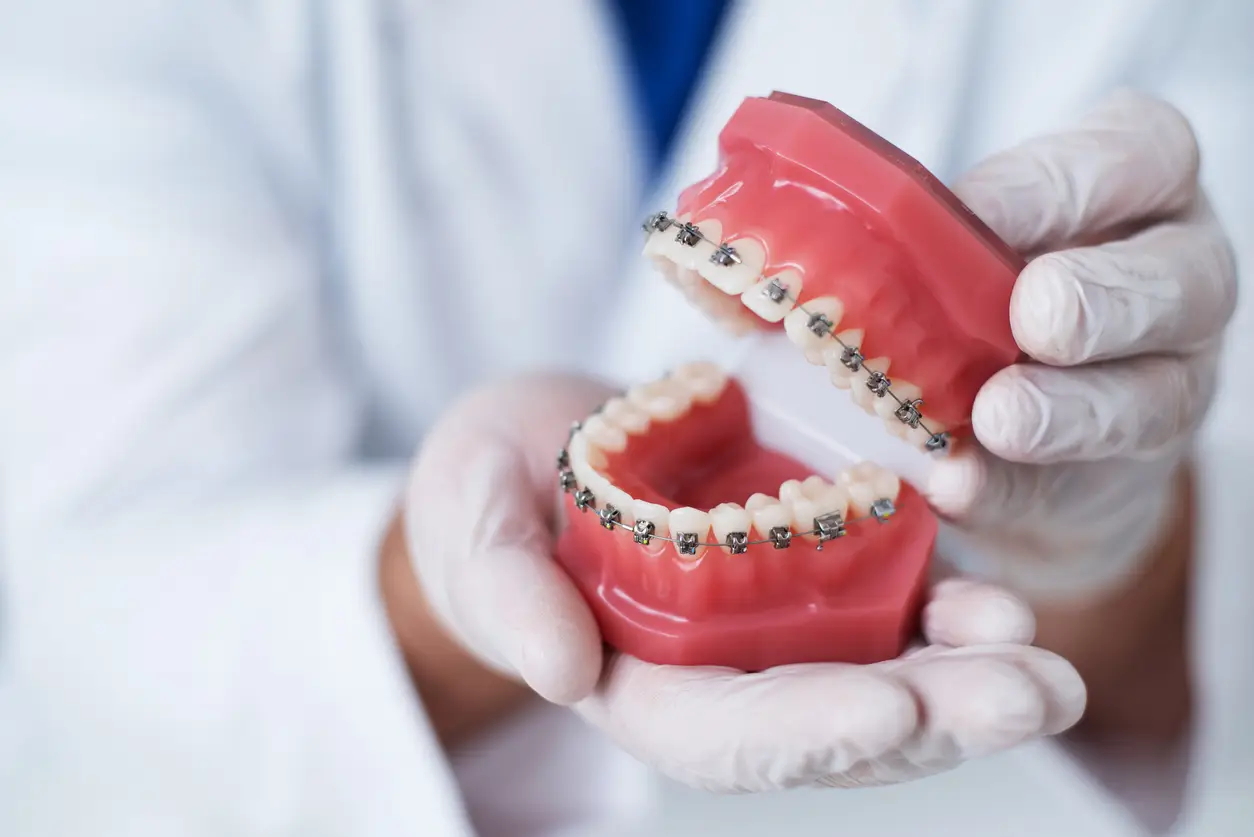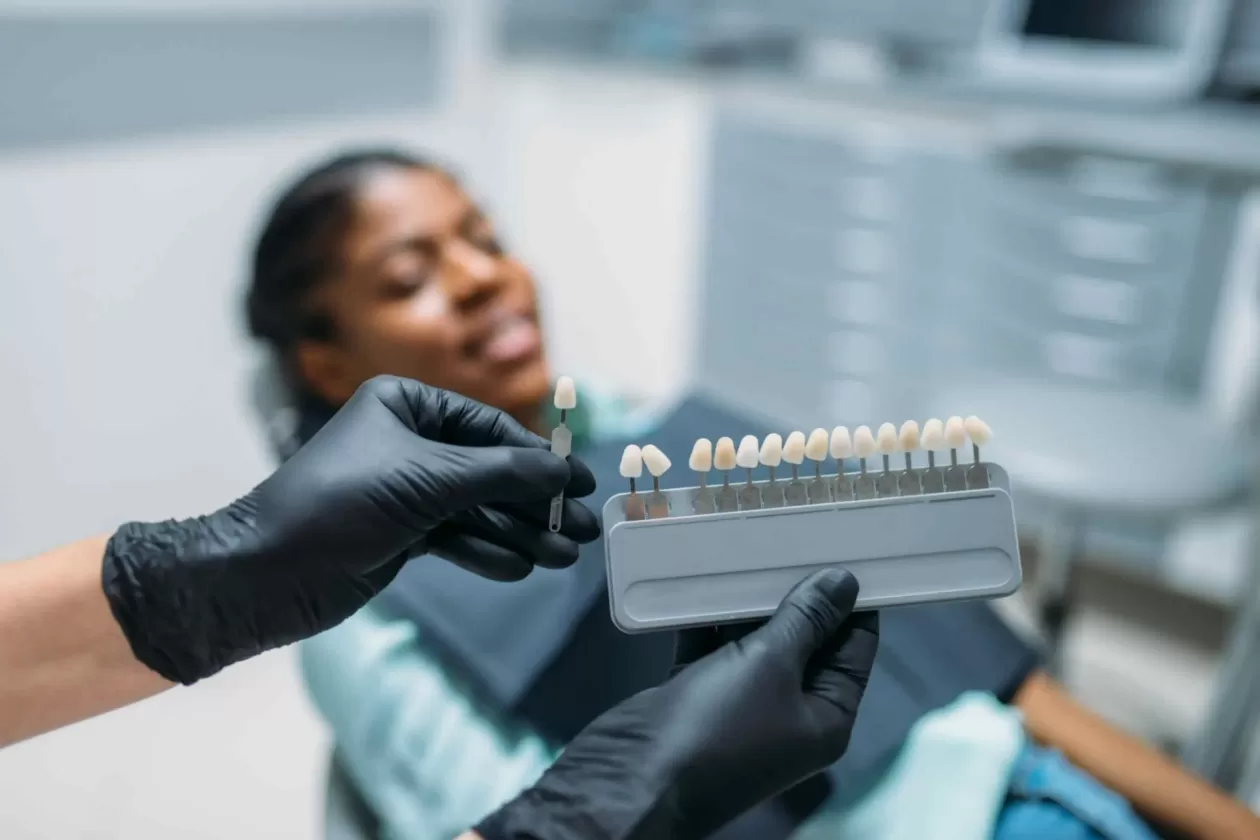Dental implants Los Angeles have revolutionized the field of dentistry, offering a long-term solution for individuals seeking to restore their smile and dental functionality. However, the success and longevity of dental implants heavily rely on proper dental care and maintenance. Understanding the importance of dental care in treating implants is paramount to ensure their durability and overall oral health.
Preserving the Health of the Implant:
Dental implants resemble real teeth in that an artificial tooth is affixed to a titanium post that becomes integrated into the jawbone. Good dental hygiene is essential to preserving the stability and health of these implants. Plaque accumulation can be avoided by using antimicrobial mouth rinses, brushing and flossing on a regular basis. This lowers the risk of periodontitis, or gum disease, and peri-implantitis, an infection that affects the tissues around the implant.
Prevention of Complications:
Ignoring dental care can result in inflammation and bone loss surrounding implants, which is known as peri-implantitis. This problem may eventually lead to implant failure and compromise the stability of the implant if left untreated. Regular dental examinations make it possible to identify problems early, which allows for quick intervention and stops troubles from getting worse.
Enhanced Longevity of Implants:
Dental implants are designed to be a long-term solution for tooth replacement. But how well they are cared for has a big impact on how long they live. By addressing any developing concerns before they become serious issues, routine professional cleanings and inspections by a dentist or periodontist can greatly increase the lifespan of implants.
General Oral Health:
Maintaining the overall health of the oral cavity is just as important as protecting the implants themselves when it comes to optimal dental care for them. Dental implants require the critical support of healthy gums and surrounding tissues. People who prioritize professional dental care and appropriate oral hygiene practices protect their implants while also supporting the health of their natural teeth and gums.
Dental professionals are essential in teaching patients about good oral hygiene habits that are especially important for taking care of implants. They offer tailored guidance on how to properly clean the area around the implant, stressing the need of utilizing the right instruments and methods to avoid harming the implant or the surrounding tissues.
Why Should We Take Care of our Dental Implants?
When looking to restore their smiles and dental functionality, dental implants are a fantastic option. But adequate care and maintenance are essential to ensure their lifespan; their success and endurance are not only dependent on the quality of the implant itself. The following are a few strong arguments for why maintaining dental implants is crucial:
Prolonged Lifespan:
Dental implants have a much longer lifespan when properly maintained. Implants require constant care, just like natural teeth do. Regular brushing, flossing, and expert cleanings are necessary to prevent decay and disease. By lowering the chance of issues like peri-implantitis and implant failure, proper maintenance prolongs the useful life of the implant.
Prevention of Complications:
Potential problems can be avoided with proper implant care. An inflammatory disease that affects the tissues around the implant, peri-implantitis, can cause bone loss and compromise the integrity of the implant. Frequent upkeep and expert examinations can identify difficulties early, enabling prompt action and halting the progression of issues.
Protection of Surrounding Structures:
Keeping dental implants healthy involves more than just the implants themselves; it also involves protecting the surrounding bone and gum tissue. Maintaining the integrity of these supporting tissues through proper care guarantees that the implant stays securely fixed in place.
Optimal Oral Health:
Maintaining dental implants helps maintain good oral health in general. A healthy mouth is necessary for the lifetime of implants as well as the health of the gums and natural teeth that are still there. The whole oral cavity benefits from good oral hygiene habits and regular dental checkups, which lowers the risk of a variety of dental problems.
Financial Investment:
Dental implants represent a significant financial investment. Taking good care of this investment lowers the risk of problems that can necessitate expensive corrective surgery or even implant replacement. Regular care is a prudent way to prevent unforeseen costs due to implant-related issues.
Improved Quality of Life:
By giving a person back confidence in their smile and enhancing their chewing skills, dental implants have a substantial positive impact on their quality of life in addition to being functional. By taking proper care of these implants, people can benefit from them for longer periods of time and ensure that they remain effective.
How Long Do Dental Implants Typically Last?
Dental implants are known for being strong and long-lasting, providing a dependable option for people looking to replace lost teeth. Although there are a number of variables that can affect how long dental implants last, they are intended to be a long-term dental restoration option. Comprehending the average lifespan of dental implants necessitates taking into account multiple influential factors:
Implant Quality:
Biocompatible materials such as titanium are used to create high-quality dental implants, which have demonstrated exceptional success rates. By fusing with the jawbone, these implants give the prosthetic tooth a strong base. For many people, high-quality implants can last a lifetime when properly cared for and maintained.
Oral Hygiene & Care:
Maintaining good oral hygiene is essential to the lifespan of dental implants. It’s essential to brush, floss, and have your teeth professionally cleaned on a regular basis to avoid issues like peri-implantitis. Patients who take excellent care of their teeth and maintain their implants with precision often get longer-lasting results.
Bone Density and Health:
The effectiveness of dental implants depends on having enough bone density and maintaining good oral health. A robust bone structure gives the implant the support it needs. Implant lifespan is often longer in patients with good bone quality and quantity.
Lifestyle Factors:
Dental implants are susceptible to deterioration over time due to habits like smoking and eating poorly. In instance, smoking may make it more difficult for the body to repair and integrate the implant into the bone, which could shorten its lifespan. Maintaining a healthy lifestyle can help dental implants last longer and work better.
How Often Will I Need to Have My Dental Implants Checked?
Maintaining the health and durability of dental implants requires routine dental examinations. The number of these examinations varies based on personal characteristics, such as the implant healing stage, oral health, and the dentist’s recommendation. The following are broad recommendations for the suggested dental implant evaluation schedule:
Post-Implant implantation:
Your dentist will arrange follow-up sessions to track the healing process following the implantation of dental implants. These initial examinations usually take place in the weeks to months after the surgery and are more regular. In order to guarantee appropriate healing, your dentist will evaluate how well the implant has bonded with the bone.
First Year Following Implantation:
It is usually advised to have routine check-ups every three to six months throughout the first year following implant implantation. During these appointments, your dentist can check on the stability of the implants, evaluate the state of the surrounding tissues, and handle any potential issues or complications.
Long-Term Maintenance:
Routine check-ups usually become yearly if the implants have effectively integrated and if there are no problems. This frequency, however, may change depending on the specifics of each case, and if there are particular concerns or a history of oral health problems, your dentist may suggest more regular visits.
Customized Care:
Your dentist will adjust the check-up schedule according to your dental health, any risk factors, and the state of the tissues around your implants and neighboring teeth. To ensure the long-term effectiveness of the implants, factors including smoking, specific medical conditions, and dental hygiene practices may call for more frequent assessments.
Continuous Dental Implant Health:
Consistent dental implant health requires not only routine dental exams but also a strict oral hygiene regimen. Plaque buildup can be avoided and the risk of issues decreased by following your dentist’s instructions including brushing, flossing, and using antimicrobial mouth rinses on a regular basis.
Self-Monitoring:
In the interim between scheduled checkups, it’s critical to remain watchful and conscious of any changes or discomfort surrounding your dental implants. Get in touch with your dentist right away for an assessment if you observe any problems, including swelling, pain, implant mobility, or changes in the gum tissue.
Which is the Best Place for Dental Implants?
Are you seeking the best dental implants Los Angeles CA? Look no further than Personal Dental Office! Our dedicated team of skilled professionals specializes in delivering top-notch dental implant Los Angeles solutions tailored to your unique needs.
Don’t let missing teeth hold you back from a confident smile and optimal oral health. Take the first step towards restoring your smile by scheduling a consultation with Personal Dental Office today.
Share This Article.
Related Posts
Recent Posts
Our Hours
| Monday | 8:30 – 5:30 |
| Tuesday | 8:30 – 5:30 |
| Wednesday | 7:30 – 5:30 |
| Thursday | 8:30 – 5:30 |
| Friday | 8:30 – 5:30 |
| Saturday | Closed |
| Sunday | Closed |
Serving the Communities of Beverly Hills, West Hollywood, & LA and the Neighborhoods of Mid-Wilshire & the Miracle Mile





